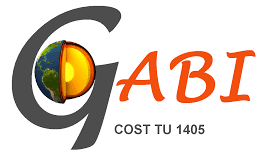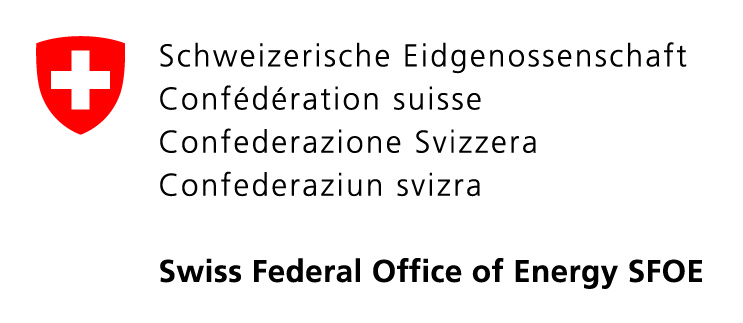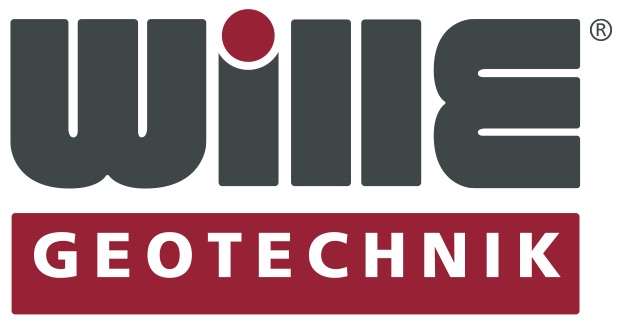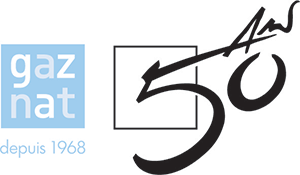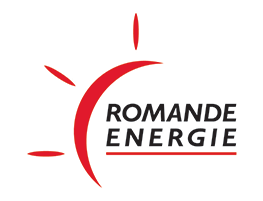28 September 2018 – 9:00 AM
Antonio Gens Technical University of Catalonia, Spain
The favoured long-term solution for the disposal of high-level radioactive waste generally involves the construction of deep geological repositories. The development of such facilities pose important challenges from the point of view of scientific understanding, rock exploration and engineering construction. The lecture reviews the significant role played by Underground Research Laboratories (URLs) in this field. The key functions of URLs comprise the characterization of the host rock and the potential effects of excavation, the demonstration of the feasibility of construction and operation of the repository, and the enhancement of the understanding of the complex coupled phenomena that will take place in such an environment.
A review of the main URLs located in different counties and continents will be presented, distinguishing between generic laboratories and site-specific ones, since their operations exhibit a number of differences. Distinction will also be made between purpose-built laboratories from pre-existing ones where the laboratory has taken advantage of previously constructed facilities. The changing emphasis of the work performed in the laboratories as research has progressed over the years will also be discussed.
Experiments in the URLs often have special characteristics that will be examined. For instance, some test are carried out over (comparatively) very long periods, sometimes longer than a decade. Test are also performed over a variety of scales involving, in some instances, full-scale disposal schemes. Some characteristic experiments will be reviewed focusing mainly in the hydro-mechanical and thermo-hydro-mechanical behaviour of seals, barriers and the near field. Observations obtained upon dismantling will be given special attention.



